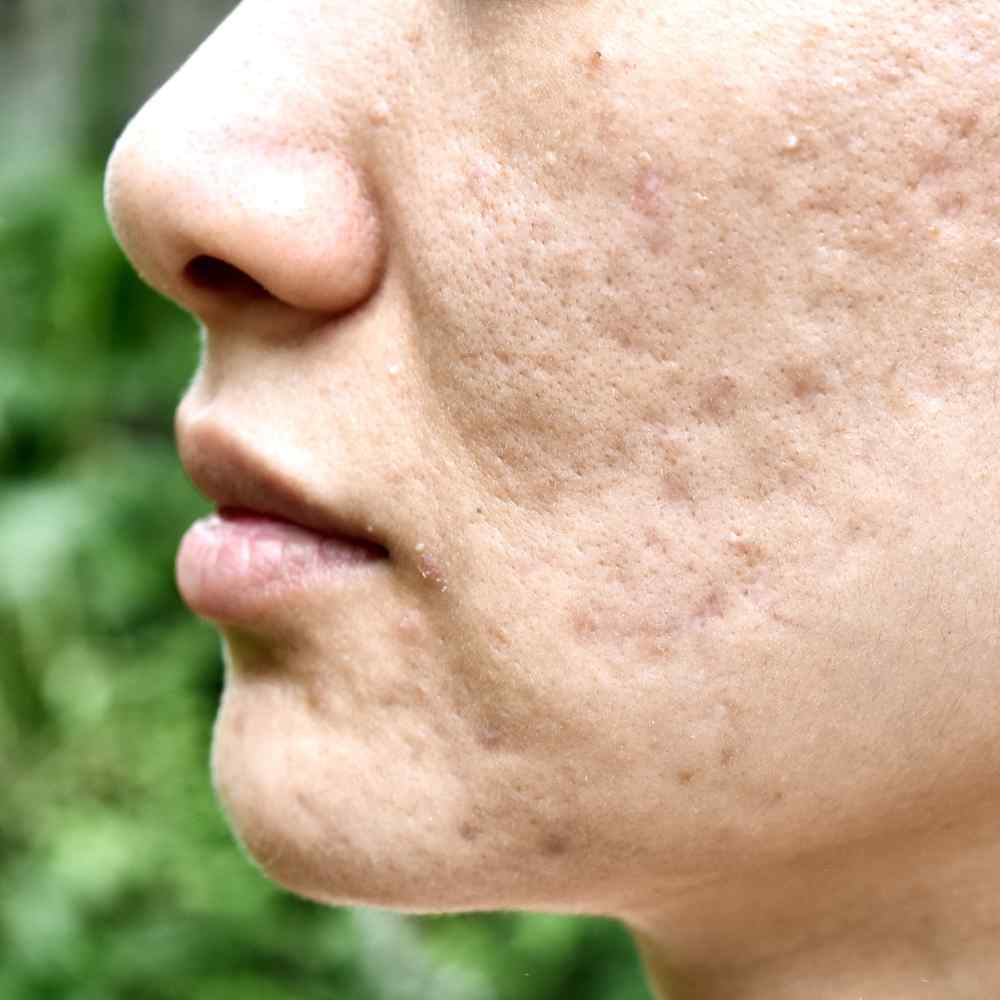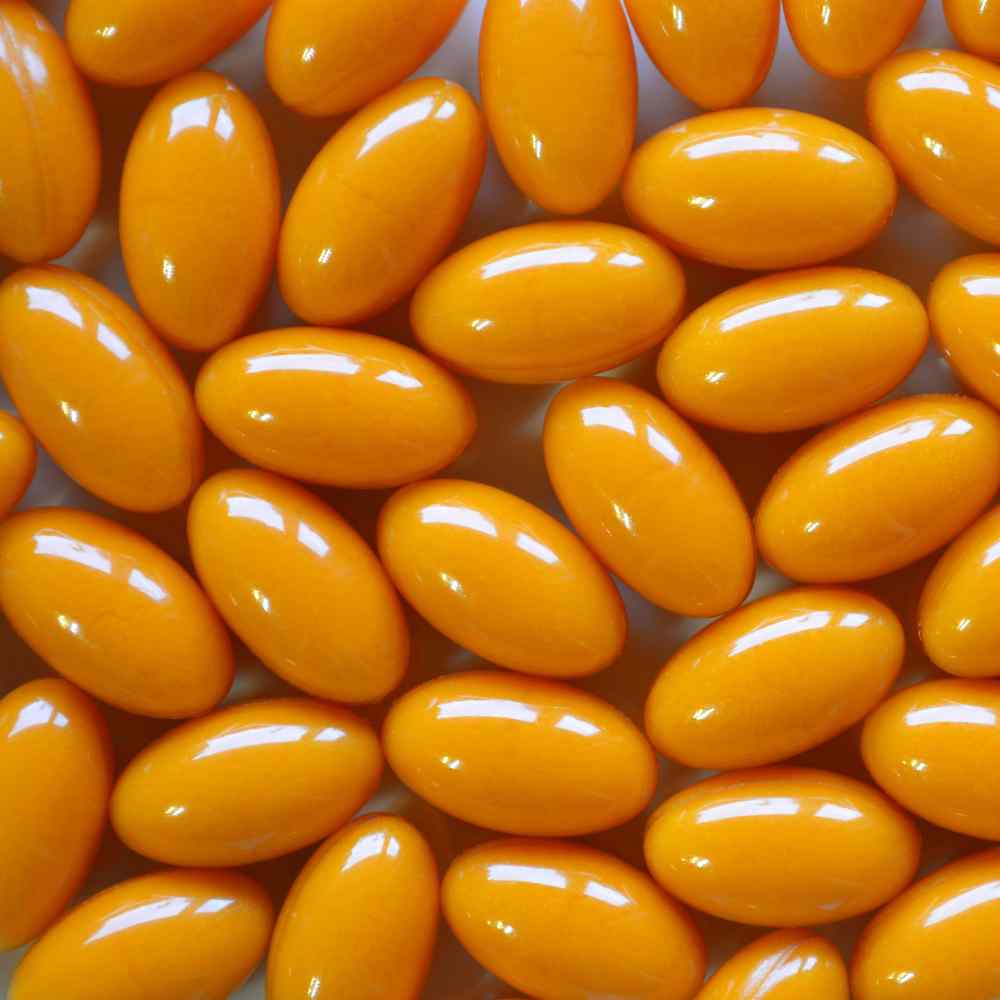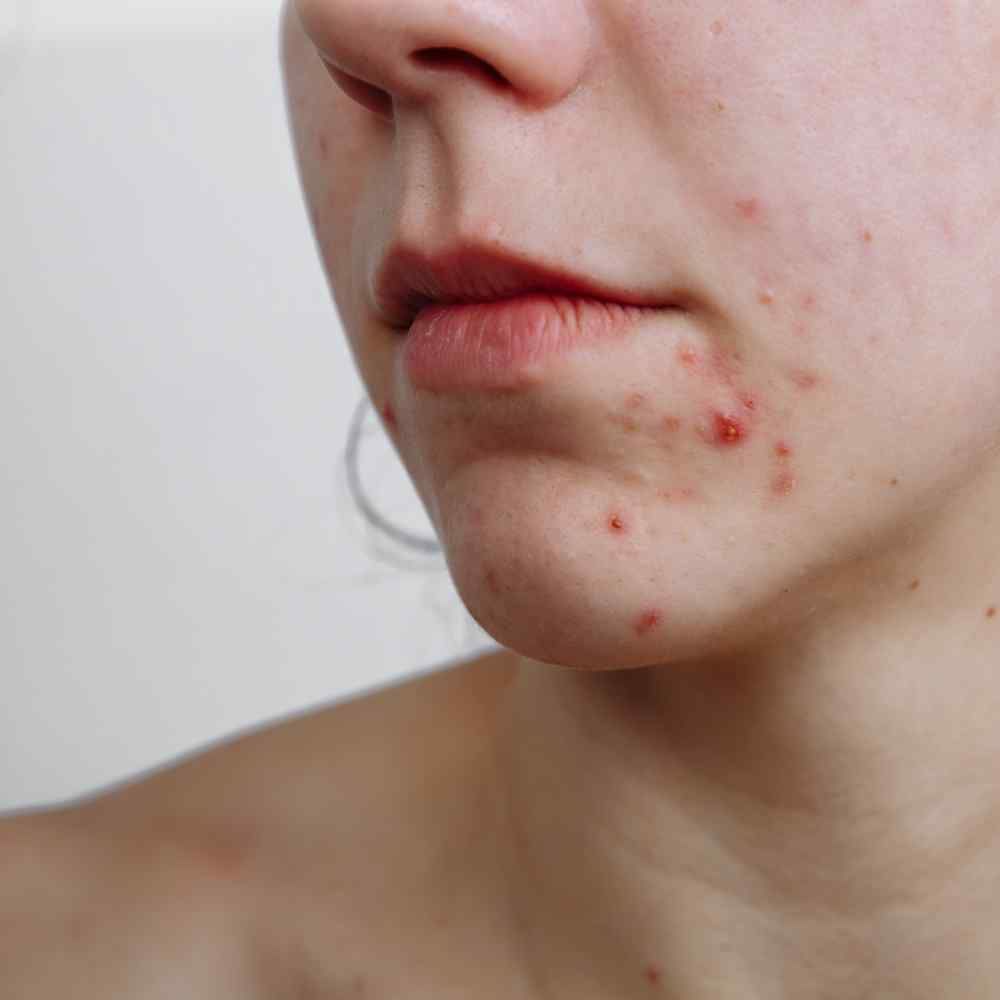
Scar Free Skin: Does Accutane Get Rid of Acne Scars?
Dealing with acne sucks. And the battle doesn't always end once the breakouts subside. For many individuals, acne scars serve as a constant reminder of their past struggles.
This brings us to the topic of Accutane, a potent medication known for its effectiveness in treating severe acne.
In this post, we will explore the potential benefits of Accutane in addressing acne scars, understanding its mechanism of action, and discussing other acne treatment options available for scar reduction.
Let's dive in and discover if Accutane holds the key to achieving smoother, scar free skin.

The Types of Acne Scars
Acne scars can develop as a result of inflamed acne lesions, such as cysts, nodules, or deep pustules.
Acne scars can be divided into two general categories: atrophic and hypertrophic. Atrophic scars are those that create a dent or hole in the skin, such as ice pick, boxcar, and rolling scars. These occur when collagen is lost from the affected area during healing process of acne lesions.
Hypertrophic scars are raised bumps or lumps on the skin surface, like keloids and thickened fibrous tissues. They form when too much collagen is produced in response to an inflammatory lesion.
To further break it down, let's go through each type of scar so you'll have a better understanding:
Ice Pick Scars
The small holes that make up this type of scar resemble an ice pick being inserted into your skin.
It usually results from cystic pimples that go deep within the layers of skin and cause damage to its tissue structure during healing time. Some people also refer to these as chicken pox-like scars due to their size and shape.
Boxcar Scars
This type of acne scar creates a box-like depression on the surface level with sharp vertical edges around them similar to those seen on chickenpox marks - hence why they're sometimes called ‘chickenpox’ scars by some folks!
The roundish depressions usually range from 1mm - 4mm wide making it appear almost like pockmarks left behind after acne has gone away.
They predominantly affect people with very oily/combination complexions but can be found across all types of skins too!
Rolling Scars
These look like undulating waves spreading out over your face which gives rise to their other name – ‘wave-like’ scares.
Usually caused by deeper more extreme spots than the others listed here; these irregularities will disappear over time if treated properly but may require professional aesthetic treatments such as lasers for more serious cases.
Keloid Scars
Keloid scars are raised, red or purple-ish nodules that grow in size and become itchy over time.
They occur when scar tissue forms around a wound or injury site as part of the natural healing process.
When an area of the skin is damaged by cuts, scratches, acne, surgery or other trauma to the dermis, collagen fibers form a fibrous substance called scar tissue which binds together and repairs any disruption to this layer.
In some cases though this repair job goes into overdrive and cells begin reproducing rapidly producing excessive amounts of collagen resulting in a benign tumor-like growth known as a keloid scar.
All in all these nuisances can be quite frustrating and often times difficult to get rid of but with proper medical treatment there's hope for your peace of mind!
Fibrous Tissue Thickening Scars
Fibrous tissue thickening scars are visible marks on the skin resulting from an injury or trauma. They are caused by an abnormal wound healing process which results in excessive collagen production.
The excess collagen causes a thicker layer of fibrous tissue to form between the healthy layers of skin, creating raised residual acne scarring that looks like a lump or bump beneath the surface.
Fibrous tissue can also cause itchy and uncomfortable sensations for those affected, as well as distort the texture and coloration of surrounding skin areas, particularly when lightened compared to normal healthy skin.

What is Accutane?
Ah, Accutane - the “miracle drug” that’s been revolutionizing skin care for the past 40 years. It’s a brand name of Isotretinoin treatment, an oral retinoid medication created in 1979 by Hoffmann-La Roche pharmaceutical company.
It was initially developed as a chemotherapy treatment to battle brain tumors but instead it worked its magic on skin problems like severe acne and psoriasis.
It works by reducing oil production and inflammation while promoting the shedding of dead skin cells so they don’t block pores or cause breakouts, ultimately leaving you with clear skin!
Accutane is awesome because it gives acne patients long-lasting results without having to endure lengthy treatments. Results can usually be seen within 4 months after beginning treatment.
However, since this medication is extremely powerful, it also comes with some serious side effects such as extreme thirst and dryness caused by reduced oil production which can lead to cracked lips and peeling fingertips.
Additionally, incredibly high doses (close to 10x what most prescriptions call for) could potentially lead to birth defects if taken during pregnancy.
So there you have it: Accutane is one miracle drug that has changed how we treat difficult skin conditions - look beyond any potential drawbacks and make sure to use this powerhouse responsibly!
Dr. Azi, a dermatologist, explains talks more about Accutane in this TikTok video.
@skinbydrazi #duet with @fernutzz #accutanecheck #acnetreatment #cysticacne #acne #accutane
♬ original sound - sola
How Accutane Treatment Works
Accutane works by reducing sebum production, which is a primary contributor to acne development.
By decreasing the amount of oil produced by the sebaceous glands, Accutane helps to prevent clogged pores and the formation of new acne lesions.
Additionally, Accutane has anti-inflammatory properties, which can help reduce redness and inflammation associated with active acne.
By targeting these underlying factors, Accutane can contribute to an overall improvement in the appearance of the skin.
Accutane & Acne Scars
While Accutane is highly effective in treating active acne, its impact on acne scars is more limited. Accutane is not specifically designed to target existing scars.
However, it can indirectly improve the appearance of acne scars by reducing active acne breakouts, minimizing inflammation, and to prevent acne scarring from occurring in the future.

Other Treatment Options for Acne Scars
While Accutane may not directly eliminate acne scars, there are various treatment options available to address these imperfections. Some effective treatments include:
1. Dermabrasion: This procedure involves removing the top layer of the skin using a specialized instrument. It helps to smooth the skin's surface and reduce the appearance of shallow acne scars.
2. Chemical Peels: Chemical peels involve the application of a chemical solution to the skin, which exfoliates the outer layer and promotes the growth of new, healthier skin cells. They can be effective in reducing the appearance of certain types of acne scars.
3. Microneedling: Microneedling involves using tiny needles to create controlled micro-injuries to the skin. This process stimulates collagen production and helps improve the texture and appearance of acne scars over time. Microneedling appointments are usually followed by serums that can penetrate the skin even better after a treatment.
4. Laser Therapy: Laser treatments utilize concentrated light beams to target specific areas of the skin. This laser treatment promotes collagen production and reducing the appearance of acne scars.
5. Injectable Fillers: Fillers can be used to fill in depressed acne scars, temporarily smoothing the skin's surface and improving the overall appearance. These fillers are typically composed of substances like hyaluronic acid or collagen.
6. Silicone Scar Sheets: If you're looking for an easy at home solution to your scars, you can always give silicone scar sheets a go! These sticky sheets can be applied to a scar to treat it and slowly help it fade over time.
7. Microdermabrasion: Microdermabrasion is a way of exfoliating the skin. A dermatologist or licensed skincare professional use a device that sprays crystals onto the skin to slough away dead skin cells and impurities.
Visit Your Dermatologist
If you're considering Accutane to treat acne scars, it is crucial to consult a dermatologist.
They can assess your specific condition, determine the most suitable treatment options, and provide expert guidance throughout the process. Plus, you can't get a hold of Accutane without a prescription!
Keep in mind that the effectiveness of treatments may vary depending on the type and severity of acne scars.
Accutane vs. Acne Scars
Accutane’s powers of treating acne prone skin are undeniable – and if you have active breakouts, giving Accutane a try could be worth your while.
But don’t forget: if you are looking to address those lingering scars left behind by your past acne battles, there may be other treatments more suitable for the job.
Taking that extra step to visit a dermatologist is the most reliable way to get educated about the best acne scar treatment for you.
Just remember it’s a journey -and like anything else it takes patience and perseverance! So don’t give up, take control of your skin today and make things happen!

















